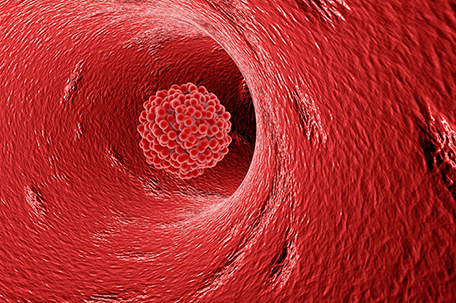
NEWSUSA
Spending time in the hospital can be a challenge, and the last thing you need is another setback on your road to recovery. This is why it is so important to know that being in the hospital – particularly if you are dealing with surgery, a physical trauma, or a serious illness like cancer – places you at increased risk for the development of a deadly blood clot.
Each year, blood clots affect about 900,000 people in the United States, and about half of all blood clots occur during a hospital stay or within three months of a hospital stay or surgery.
Many blood clots occurring during or after hospitalization can be prevented, but fewer than half of hospital patients receive proper prevention measures. This is why the Centers for Disease Control and Prevention and the National Blood Clot Alliance advise that you have a blood clot prevention plan when headed to and home from the hospital.
Your Blood Clot Prevention Plan
Follow these steps to help prevent blood clots:
- Before entering the hospital, discuss all of your risk factors with your doctor, including your personal and family history of blood clots.
- Ask if you will need prevention measures for blood clots while in the hospital.
- Before leaving the hospital, ask your doctor what to do at home to prevent blood clots.
- Ask about the signs or symptoms of a blood clot and what to do if you experience them.
Signs and Symptoms of a Blood Clot
Blood clots occur most often in the legs or arms, and symptoms include:
- Swelling
- Pain or tenderness
- Skin that may be warm to the touch, red, or discolored
Blood clots in your legs or arms can travel to your lungs, which can be deadly. Symptoms of blood clots in your lungs include:
- Difficulty breathing
- Chest pain that worsens with a deep breath
- Coughing up blood
- Faster than normal or irregular heartbeat
When released from the hospital and you return home, follow all instructions and take medications as prescribed. Get up and move around as often as possible. If confined to bed or unable to move, ask a family member or friend to help you move. Seek immediate medical attention if you experience signs or symptoms.
For more information, visit www.stoptheclot.org/spreadtheword.















Leave a Comment